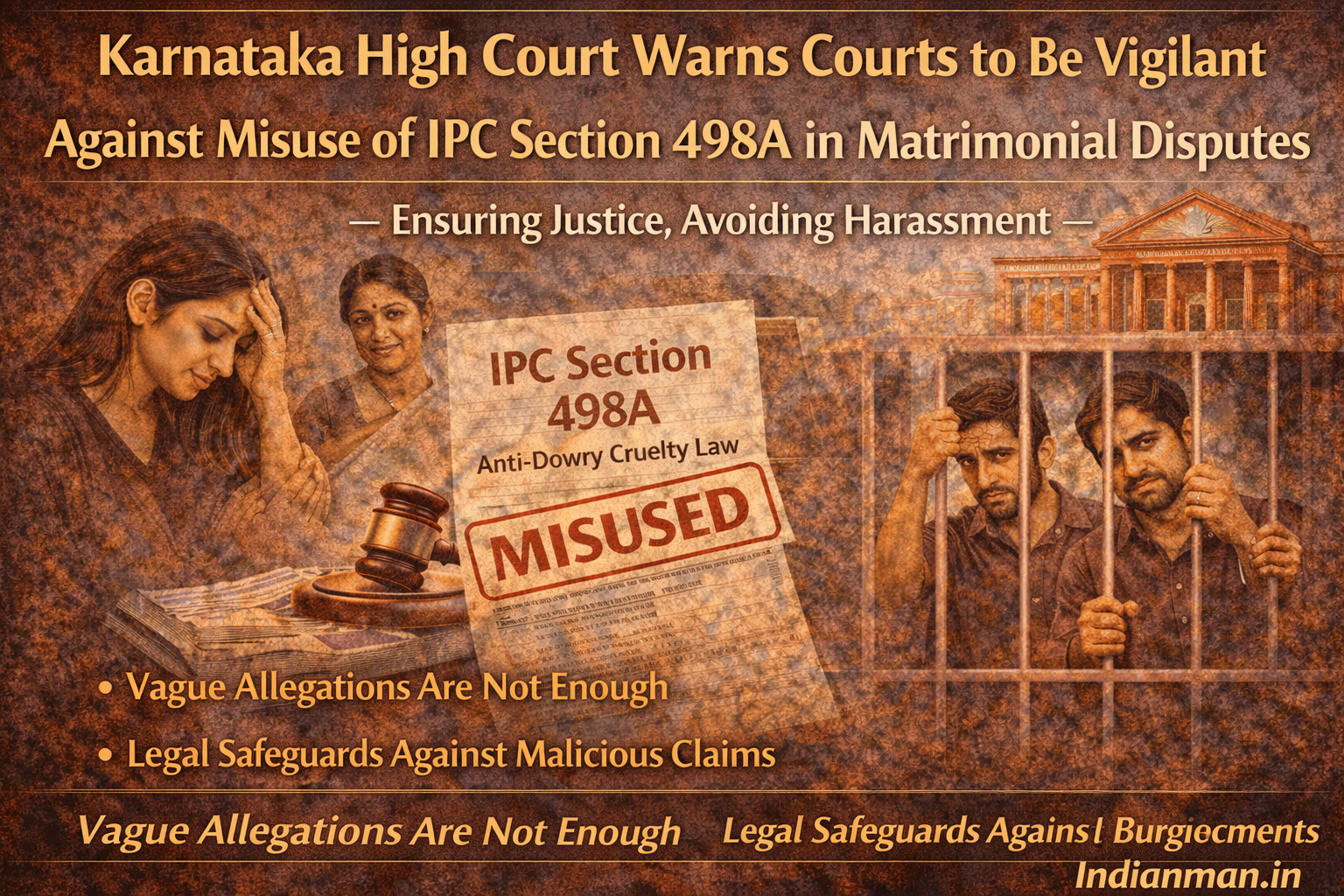The Goa Bench of the Bombay High Court ruled that a daughter’s right to family property does not disappear even if she received dowry at the time of her marriage. The court made this significant ruling on March 16 while quashing a deed that transferred the daughter’s property to her brothers without her consent.
Justice MS Sonak stated that there was no solid proof that sufficient dowry was provided to the daughters. Even if some dowry was given, it does not mean the daughters lose their claim to the family property.
In this case, the eldest daughter of a family with four sisters and four brothers filed a petition. She highlighted that her late father, Antonio Martins, had declared her the heir to the family property through a succession deed. The petitioner contested a transfer deed from September 1990, through which her brothers and mother had transferred the family shop to her two brothers without her consent. She requested the court to declare the transfer null and void and to prevent her brothers from transferring any family property without her written consent.
The brothers argued that all four sisters had received sufficient dowry at their weddings, after which three sisters formed a partnership. They claimed the shop became part of this partnership and argued that none of the sisters had any rights to the property.
The trial court dismissed the daughter’s suit in 2003, partially supporting the brothers’ counterclaim and canceling the succession deed. However, the first appellate court upheld the succession deed, showing the daughter as one of Antonio Martins’ heirs, prompting her to file a second appeal.
The High Court noted that the daughter became aware of the disputed transfer only six weeks before filing the suit. Under Article 59 of The Limitation Act, 1963, a suit to cancel a deed must be filed within three years of the plaintiff becoming aware of the issue. The court found no evidence that the daughter had prior knowledge of the transfer.
The court also ruled that under Article 1565 of the Portuguese Civil Code, parents or grandparents cannot sell or mortgage property to children without the consent of other children. Additionally, it referenced a 2012 ruling, reinforcing that selling family property without all children’s consent is illegal.
The argument of an oral partition was dismissed by the court, which emphasized that under Article 2184, the partition of immovable assets is void if not done through a public deed. The court sided with the daughter, allowing her appeal.
Be a part our social media community:
Facebook: https://www.facebook.com/IndianMan.in?mibextid=ZbWKwL
Instagram:
https://www.instagram.com/indianman.in?igsh=MWZ2N3N0ZmpwM3l3cw==



